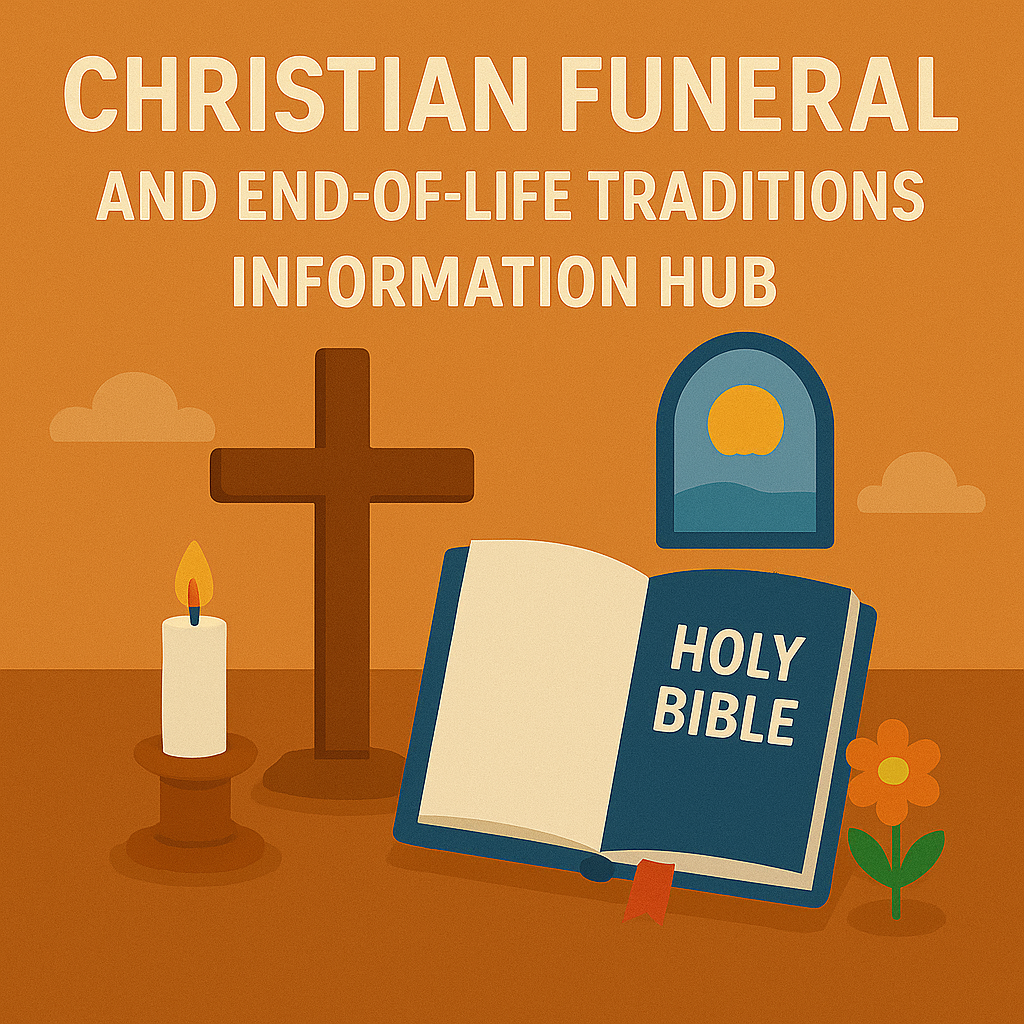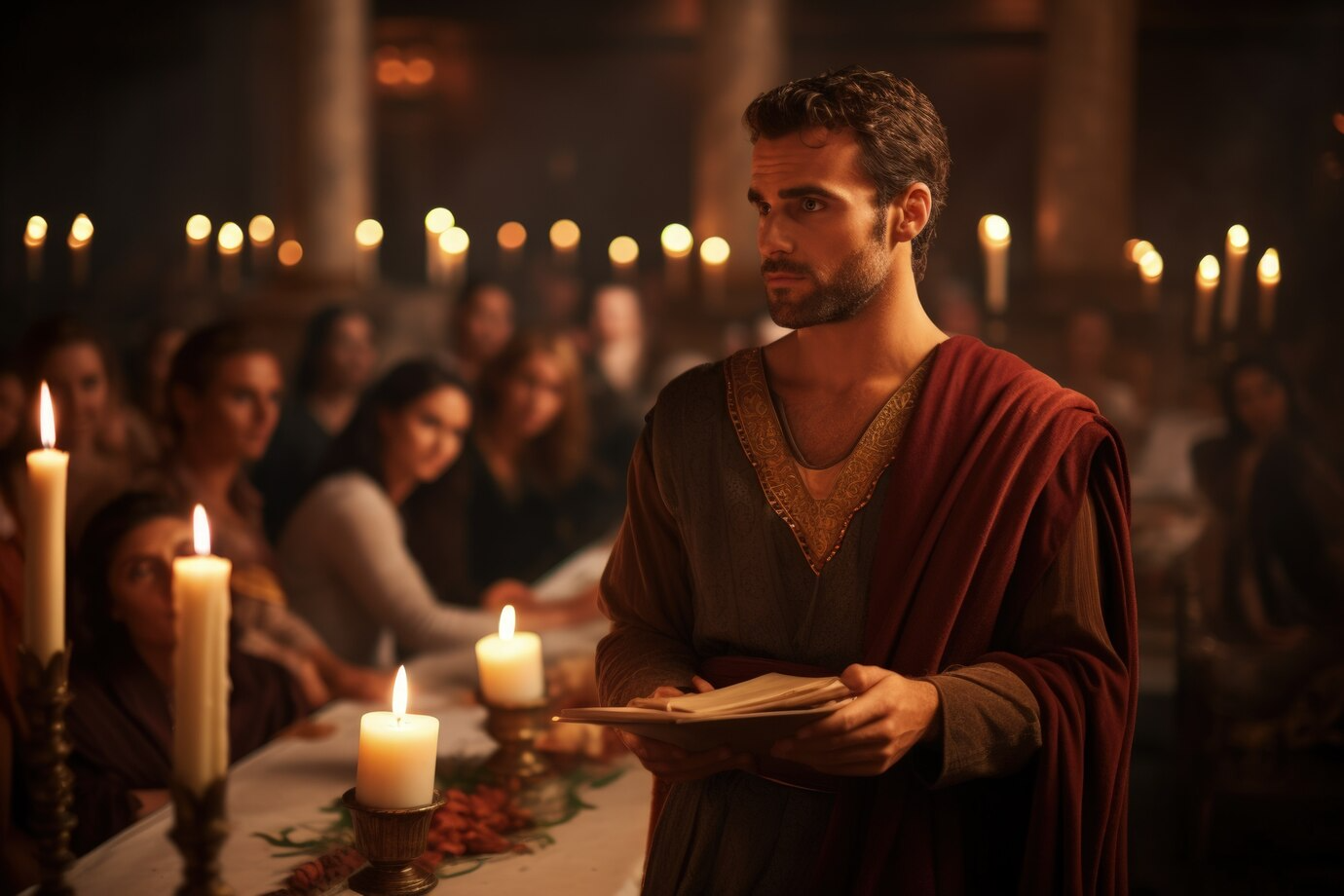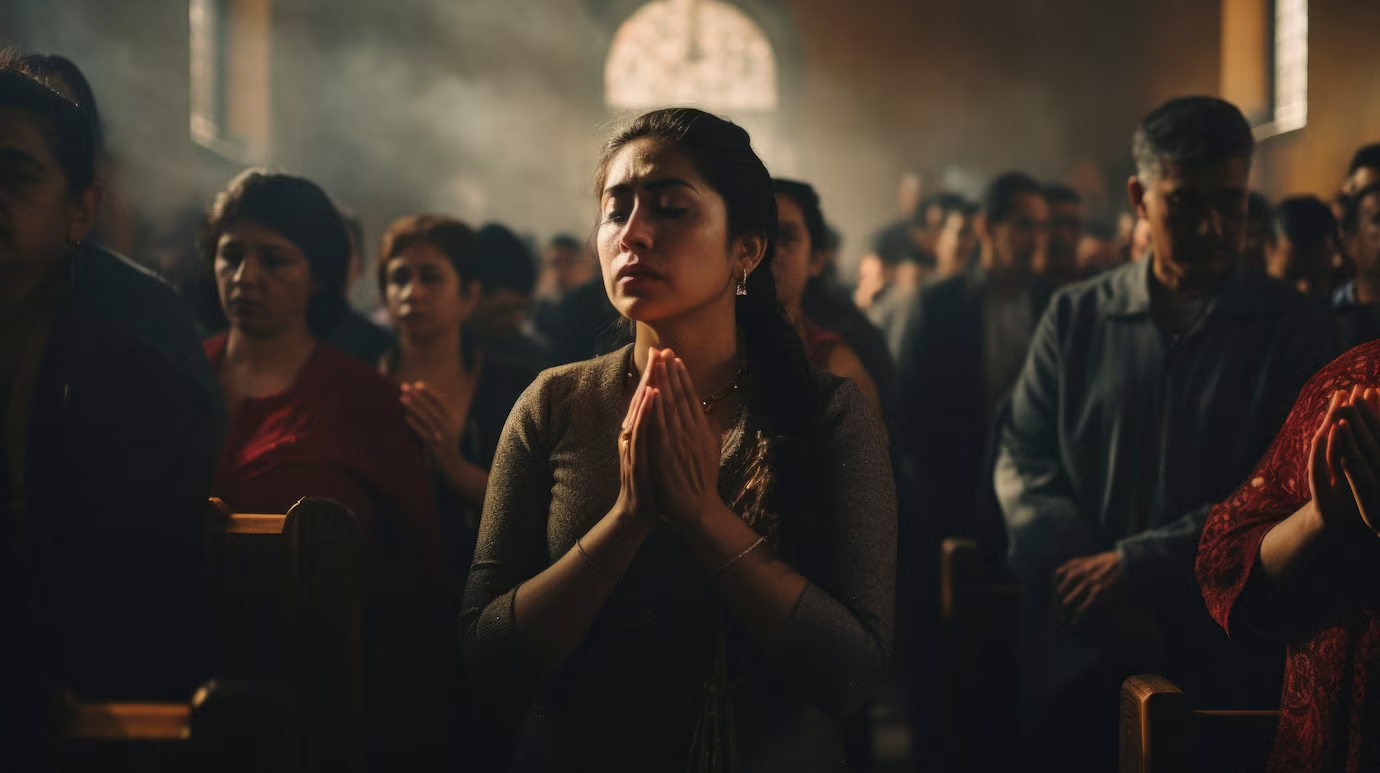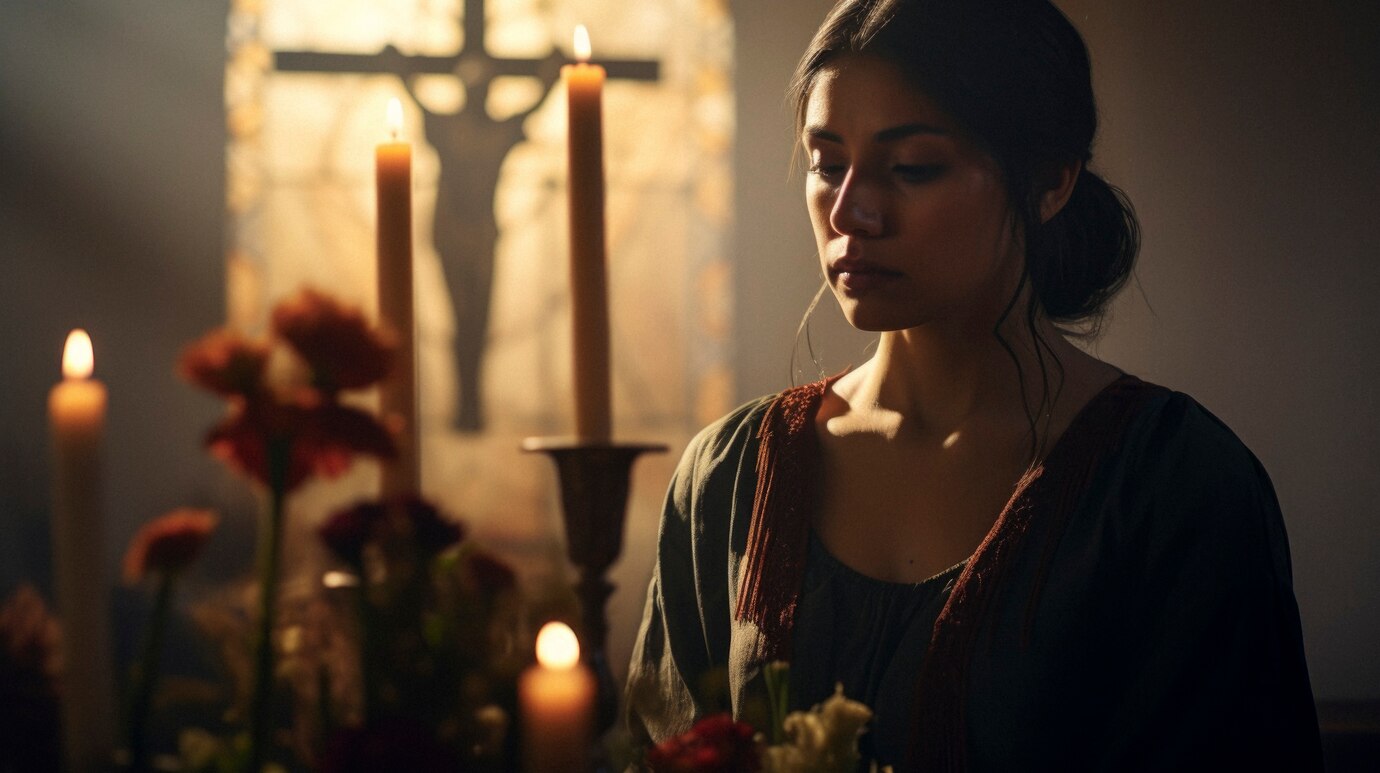Goodbyes in Christianity are guided by faith and tradition
Christian End-of-Life Traditions
Understanding and honoring Christian funeral and end-of-life traditions is essential for providing comfort and respect to those who follow these practices. Rooted in centuries-old customs, these traditions offer a profound way to navigate the loss of a loved one, ensuring that the deceased are treated with dignity and that the grieving process is supported by the community.

Key Things To Know
Christian end-of-life traditions are rooted in faith, hope, and the belief in eternal life. While practices vary across denominations, many families find comfort in rituals that honor the dying, support the grieving, and reflect the values of their faith.
- Belief in life after death shapes many traditions: Most Christian denominations emphasize the promise of eternal life, which often brings a sense of peace and hope in the face of death.
- Prayers and sacraments near the end of life are important: For many, receiving final rites such as the Anointing of the Sick, Communion (often called Viaticum), or prayers of commendation brings spiritual comfort and preparation for passing.
- Funerals are both a farewell and a celebration of life: Services often include Scripture readings, hymns, eulogies, and a homily focused on God’s love and the promise of resurrection.
- Burial is commonly preferred, but cremation is accepted by many denominations: While traditional burial is still common, many Christian groups now allow cremation, especially when it is not chosen in rejection of faith.
- Church communities often provide support for the grieving: Pastoral care, meal ministries, and memorial services are ways churches walk alongside families during loss.
- Denominational practices can vary widely: Catholic, Protestant, Orthodox, and evangelical communities each have their own customs, so it’s helpful to speak with a clergy member if you’re unsure what’s typical or expected.
- Symbols and scripture play a meaningful role: Crosses, candles, specific Bible verses, and music are often used to reflect both the faith of the person who has passed and the community’s shared beliefs.
- Memorial services may happen at different times: Some traditions have services soon after death, others wait until ashes are interred, and some include gatherings weeks or months later.
- Faith-based planning can guide important choices: Decisions about medical care, funeral arrangements, and legacy giving are often made with spiritual values in mind.
Articles
Frequently Asked Questions
Disclaimer: The information provided on this website and by Buried in Work is for general informational purposes only and should not be considered legal advice. Please consult with a qualified attorney or subject matter expert for advice specific to your situation.




